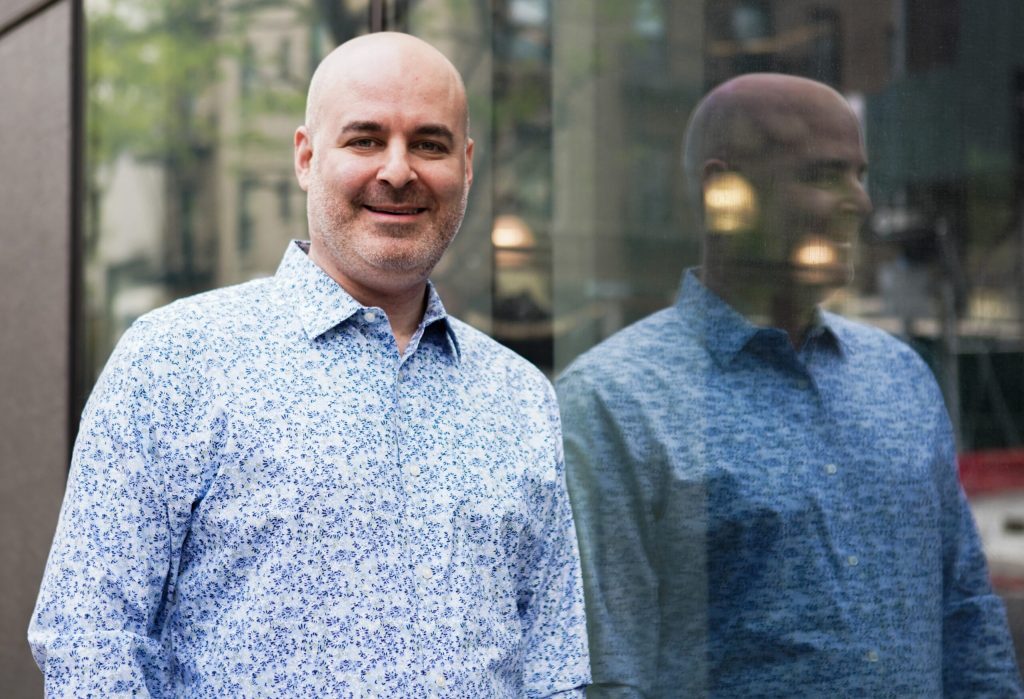As social beings, we generally exhibit traits that categorize us as extroverts or introverts. That distinction, however, exists at two extremes that we cannot help but notice. For instance, an introvert may be reserved with strangers or acquaintances but enthusiastic among friends. So it’s difficult to restrict individuals to rigid boundaries when our personalities are much more complex.
There’s no defining an ambivert.
Ambiversion is a mixture of introversion and extroversion with a strong inclination towards either. Psychology claims that everyone is an ambivert with each falling on different spectrum points—yes, it changes according to our mood!
Ambiversion is neither rigid nor fixed; it varies greatly according to how we’re feeling at the moment. For example, you might be an extremely social person who loves gatherings, but there come days when you prefer ‘me time’ over socialization. On the other hand, you could be reserved yet confident, a solo performer and a team player, and enjoy silence just as much as you love conversations!
An Ambivert’s social experience comes in handy.
Ambiverts are sensitive to situational changes, and their mood fluctuates accordingly. Experiencing such changes allows them to self-reflect profoundly and discover new parts of themselves with each unique experience. Their self-awareness facilitates unlocking neglected parts of themselves with newfound attention.
By touching different points on a diverse spectrum of personality, ambiverts are constantly in the process of self-discovery and upgradation.
As people who constantly engage in socialization, ambiverts can leverage their experience with people to form new relationships. They can easily discern personality types and engage accordingly to impress/convince the other party. They are flexible people who can quickly adapt to situations and personalities.
In customizing and balancing their social lives, ambiverts are excellent at forming and sustaining professional relationships such as sales. With an ideal Combining listening and talking, ambiverts are great at making conversations that help establish an emotional connection.
Any profession that requires collaborative work and individual contribution are ideal for an ambivert. Coaching is an excellent example of such a profession where coaches interact with their clients to hold meaningful conversations and develop brilliant ideas with a team or alone.
My personality type assists me in doing what I love.
As a brand coach, I strongly identify as an ambivert with strong inclinations towards extroversion. I am always trying to establish healthy professional relationships while simultaneously ensuring that I play my role as a nurturing father. My profession involves listening, talking, and brainstorming, thereby accessing different parts of myself in the process. It is an adventurous ride, and I enjoy every second of it.
Indeed, I equally enjoy taking some time off to cool down and rejuvenate occasionally!
How would you describe your personality? How does it facilitate your personal and professional lives?
Jay Mandel is Your Brand Coach and is a marketing and branding consultant and adjunct professor of Marketing. This post expresses my personal views, and my personal are directly connected with my employer because it is me 🙂

